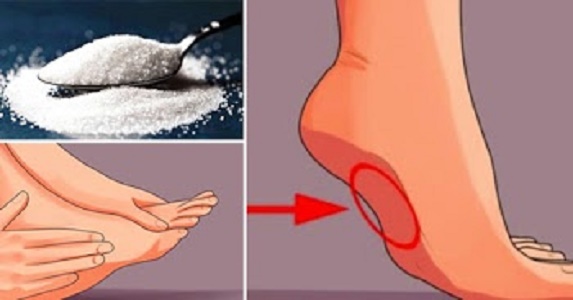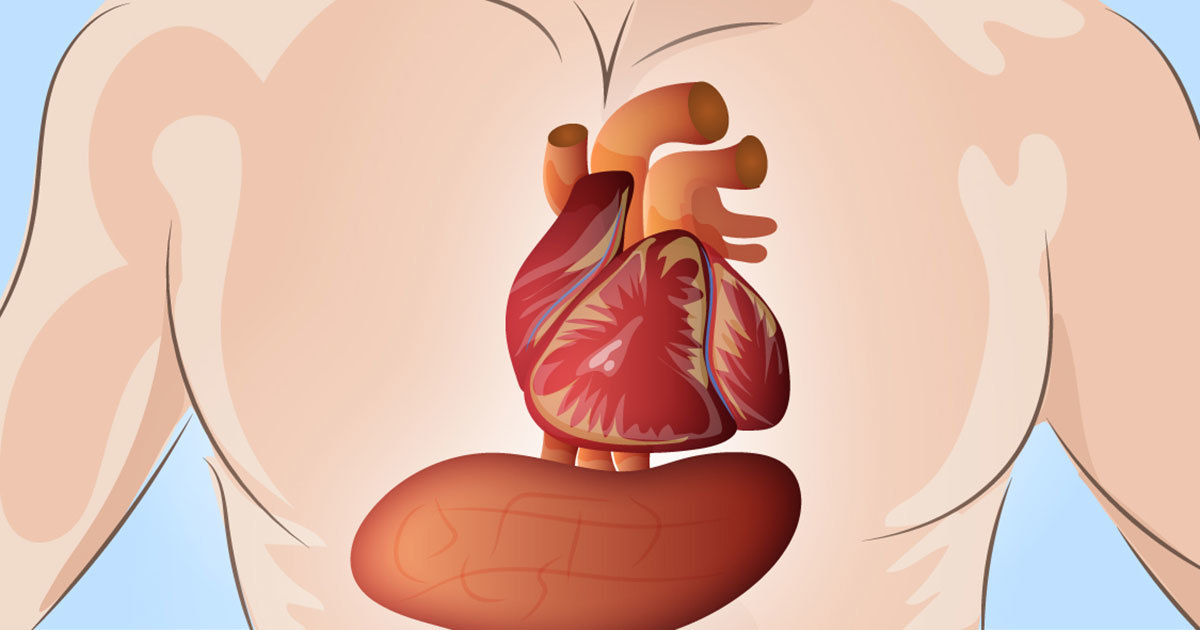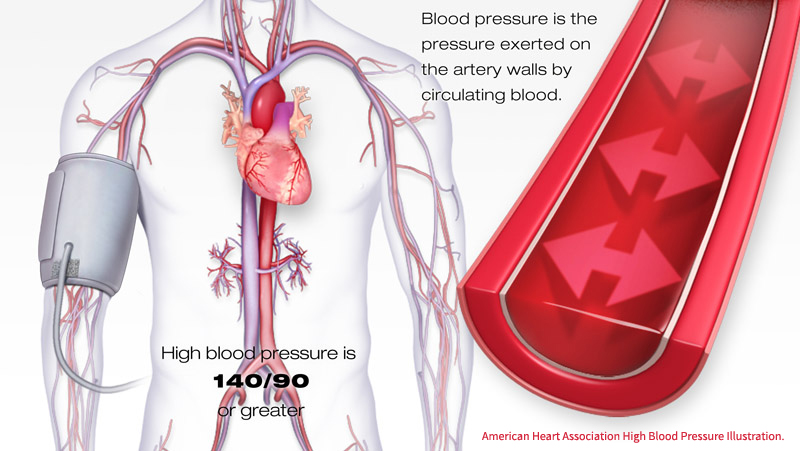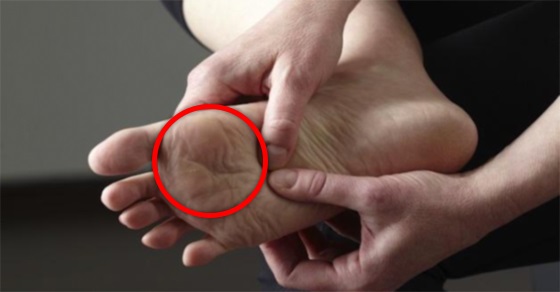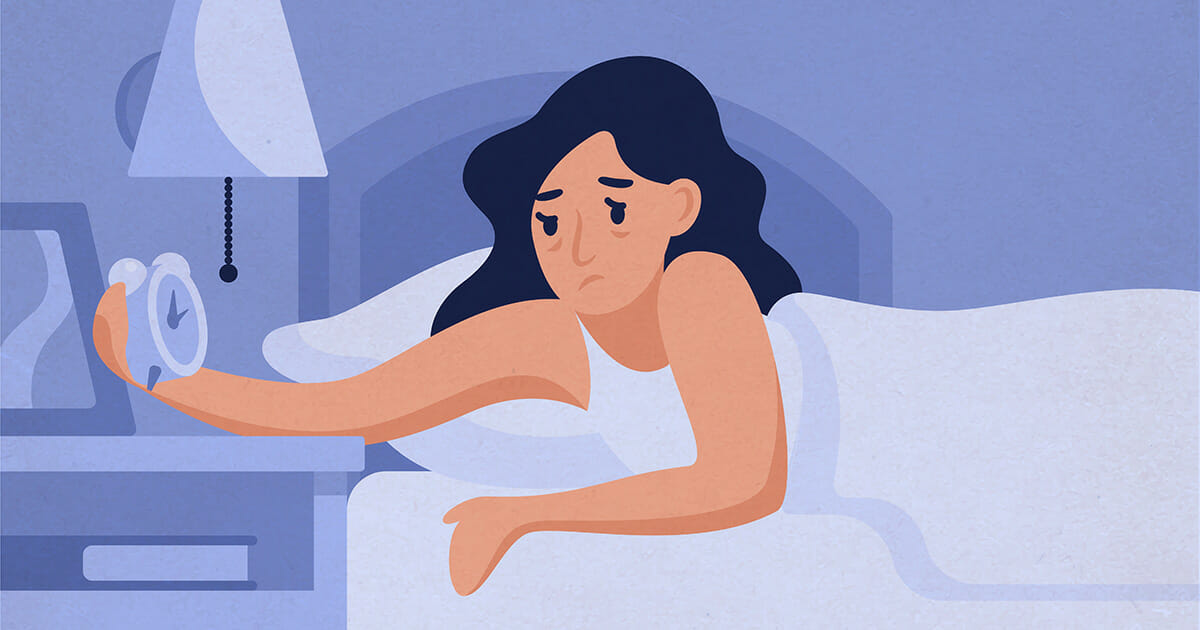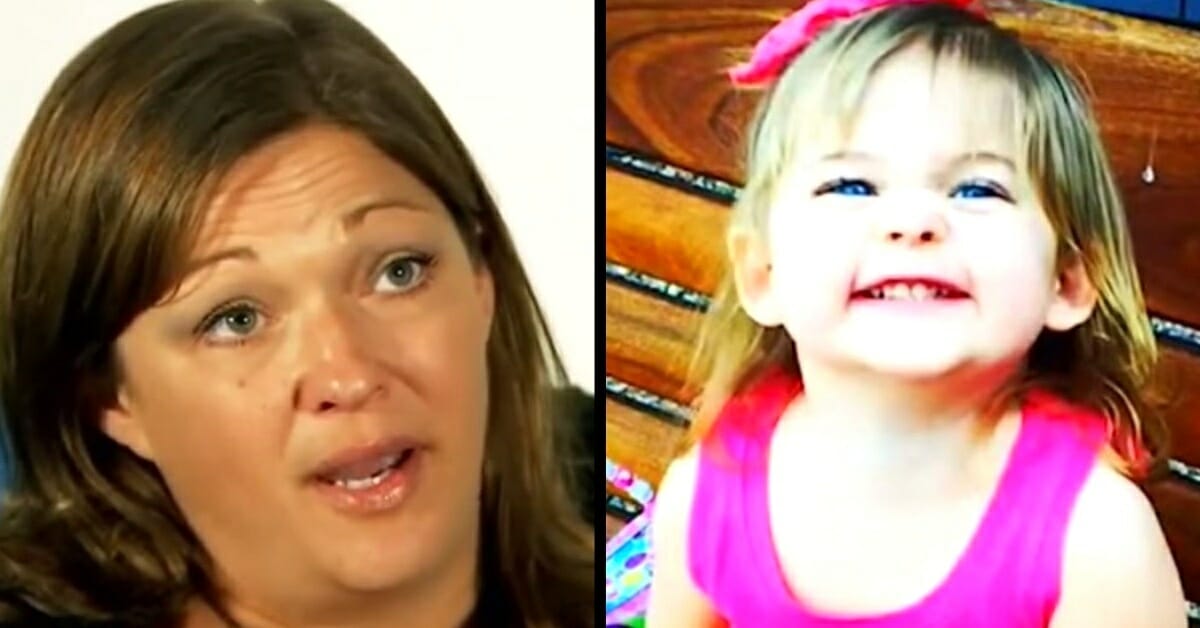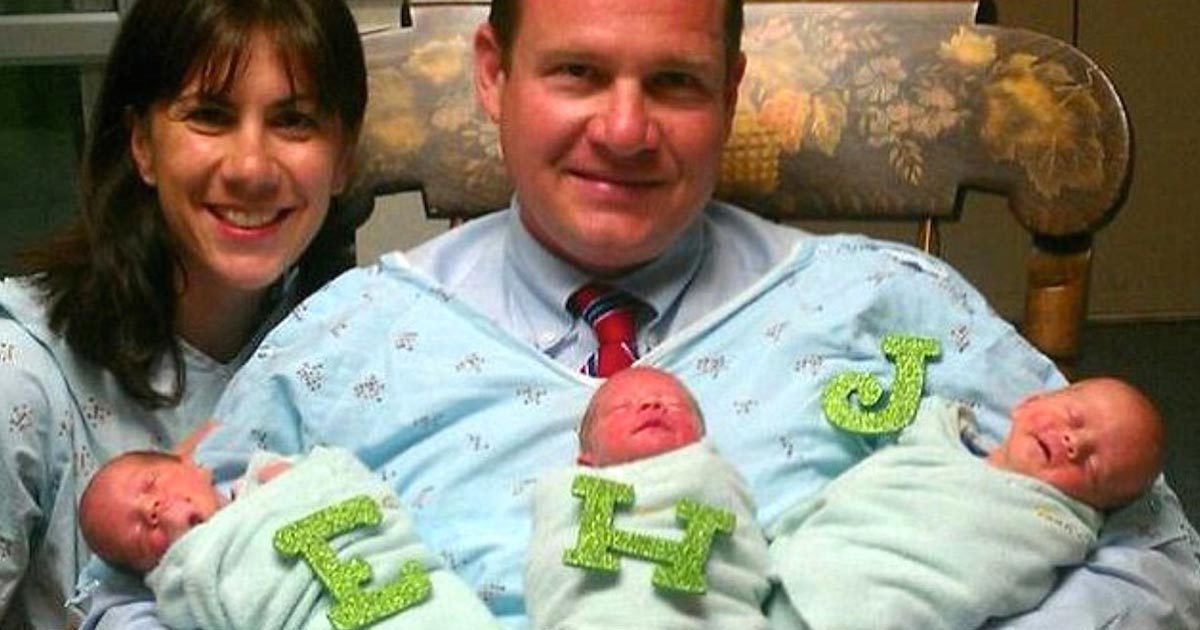Your body warns you before a blood clot: 8 hidden signs that must never be ignored!
|
About 60,000 to 100,000 people in the United States die every year as a result of blood clots.
But despite the fact that it's common, and despite the fact that there are medicines, many people still die from blood clots. Either they get help too late - or do not get it at all.
Of course, there are things we can do to take care of ourselves. Together we can raise awareness - and being aware of the life-saving signs that your body transmits to you - can encourage more people to get treatment as early as possible.
A blood clot occurs when the blood thickens in the blood vessels and forms a blockage. This interferes with normal blood flow - and large blood clots can cause heart attacks or heart failure.
Sometimes it's not possible to explain why a person has a blood clot. Sometimes it is also difficult to identify the symptoms.
Therefore, it is very important to know what warning signs your body gives you, in order to receive treatment as soon as possible. Below you will find a list of 8 signs that everyone should be aware of.
1. Swollen calves
Blood clots are sometimes built in the calves. It's known as venous thrombosis, and this happens when the oxygen fails to reach the vital organs. Resulting in poor blood flow and swelling of the calves - a common symptom of blood clotting.
Apart from swelling and warm feeling, redness or colorlessness can occur when the blood clot is formed.
2. Pain or tenderness in the legs
Another common symptom is pain in the legs, calves or feet.
You may feel pressure or burning sensations when you press the leg.
3. Red streaks along the veins
If you have prominent veins and you see red streaks along them, it can be a sign of a blood clot.
They can also hurt or be warm, two more signs to be addressed.
4. Chest pain
If you have a blood clot, consult your doctor as soon as possible.
An important sign to look for is pain that feels like a hole on one side of the lungs. You may begin to feel pain in your chest or back. You can also feel pressure in the middle of your chest, which is sometimes difficult to identify along with other chest pains.
5. Difficulty breathing
Respiratory difficulty is a sign that should not be ignored. If you feel that you are having trouble breathing, your heartbeat is increasing or you have a cold sweat or feel dizzy, or even faint, it may be a sign that you have a blood clot in your chest.
If you've experienced all the symptoms together, then it's a warning sign you should not ignore. See your doctor immediately.
6. Dry cough
If you're not sick and find yourself coughing for no reason, you should look for other symptoms that may indicate a blood clot in the lungs - such as palpitations, chest pain, or respiratory difficulty.
In rare cases you may get phlegm with coughing blood.
7. Vomiting and diarrhea
If you have a blood clot in your gut, it can cause sharp pains that you'll feel in your stomach.
You may not feel well, feel nauseous, and have diarrhea with blood.
8. Severe headache
A blood clot or brain hemorrhage is called a stroke. It causes a lack of oxygen in the brain and can cause severe headache. It can also cause difficulty in vision and speech.
Other symptoms of a stroke include numbness or paralysis (sometimes on one side of the body), confusion and dizziness.
By identifying these 8 symptoms you can save lives in the future.




